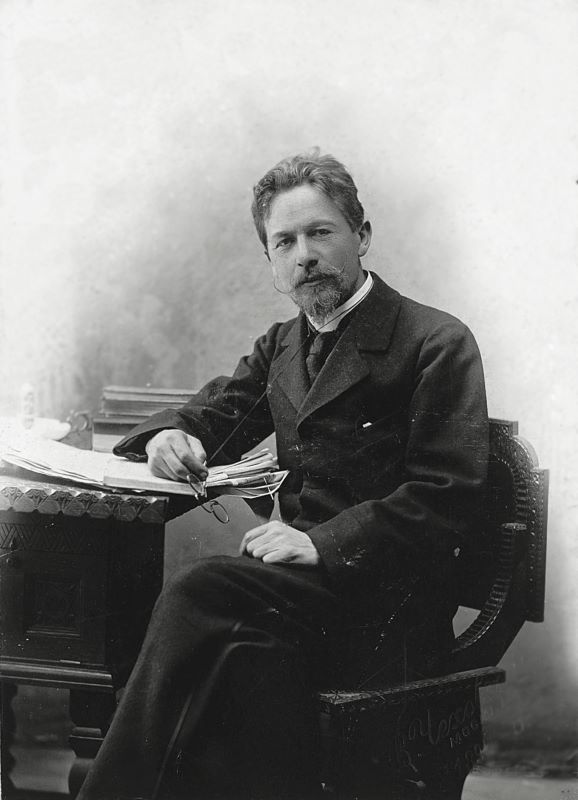The Life and Work of Anton Chekhov: A Biography
Discover the life and work of Anton Chekhov, the renowned Russian playwright, and author. Learn about his early struggles, his rise to fame, and the impact he had on the literary world. Read his inspiring story in this comprehensive biography.





